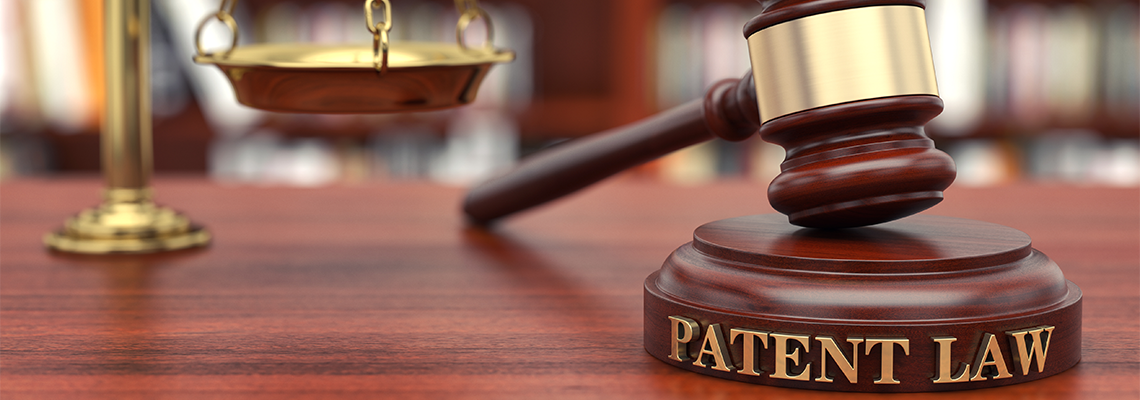CONSIDERATIONS BEFORE APPLYING FOR A PATENT

If you have an invention you have been working on and you want to sell it or are already selling it, you might be thinking about getting a patent. You’ll need a patent for your invention to ensure that no one can steal your invention and use it as their own to generate profits.
However, getting a patent is a complex undertaking that requires you to consider a number of factors. This is where the legal counsel of an intellectual property attorney comes into play. A knowledgeable attorney can help you analyze your situation and determine what patent protection options are available to you. With offices in New York and New Jersey, the results-driven attorneys at Coffy Law serve people who need assistance applying for a patent and securing patent protection. They are proud to represent clients across the nation.
What Are Patents?
A patent, essentially, is a right granted to an inventor who wants to have exclusive rights to make, produce, use, and/or sell their invention for a specified amount of time. A patent prevents other individuals and entities from selling, producing, making, and/or using the invention of the person or company with exclusive rights to the patented invention.
Obtaining a patent carries a number of benefits, including the fact that the inventor who has exclusive rights to a patented invention is the only one who can profit from the sale, production, and use of the invention. Furthermore, other individuals or companies cannot produce a patented invention even if they figure out how the invention works—and when someone attempts to illegally use, sell, or produce a patented invention, the inventor can sue the individual or entity for patent infringement.
One of the first things to consider before applying for a patent is to determine which category the invention falls into. Generally, there are three categories of patents:
- Utility patents. An invention qualifies as a utility patent if it is a process, method, or article of manufacture, machine, or composition of matter.
- Design patents. Design patents protect the original ornamental features of an article or object.
- Plant patents. You can get plant patent protection if you invented, discovered, or reproduced a new and distinct plant.
There are also other types of patents, including:
- Mechanical patents
- Software patents
- Engineering patents
- Method and process patents
Speak with a skilled attorney to help you determine what type of patent you need for your specific invention.
What Can Be Patented?
An invention is considered “patentable” if it is novel, non-obvious, and useful. Those are the three patentability conditions an invention must meet to be eligible for a patent. However, individuals and entities cannot patent their ideas and suggestions. Inventors must be able to reproduce their inventions to be able to get a patent.
Another requirement for patentable inventions is that there cannot be an existing patent on the claimed invention, though it may be possible to get a patent for advancements to patented inventions as long as the advancement meets the patentability requirements.
Specific Considerations Before Applying
If you are considering applying for a patent, you need to understand the steps involved in the process of obtaining one:
- Consult with an attorney. Getting a patent is a complex process that involves many legal intricacies. For this reason, you need to seek the assistance of a lawyer to guide you through the patent process.
- Decide on the type of the patent. One of the first steps to take before the patent process begins is to determine what type of patent you need.
- Search for similar patents. Before you invest your time and money into getting a patent, it is vital to conduct a search with the U.S. Patent and Trademark Office to make sure that the invention has not been patented by others. Your patent attorney will help you conduct the search.
- Gather documentation and information for your patent application. The success of your patent application hinges on the availability of relevant documents and information about the invention, including but not limited to its background and detailed description.
- Prepare and file a patent application. Filing a patent application requires technical writing skills and careful preparation and planning. Many patent applications are rejected because they do not meet the requirements.
- Check the status of your application. It can take a while to get a patent application processed. Sometimes, applicants wait several years to receive a decision. It is vital to check the status of your application.
How a Patent Lawyer Can Help
A patent attorney can help you consider all relevant factors when applying for a patent, including conducting a patent search and preparing the application. The experienced patent attorneys at CoffyLaw, LLC help clients navigate the ins and outs of the application process and organize documents when applying for a patent. CoffyLaw, LLC provides detail-oriented counsel to individuals and businesses in New York, New Jersey, and throughout the nation. Schedule a meeting or consultation with a patent attorney today.


